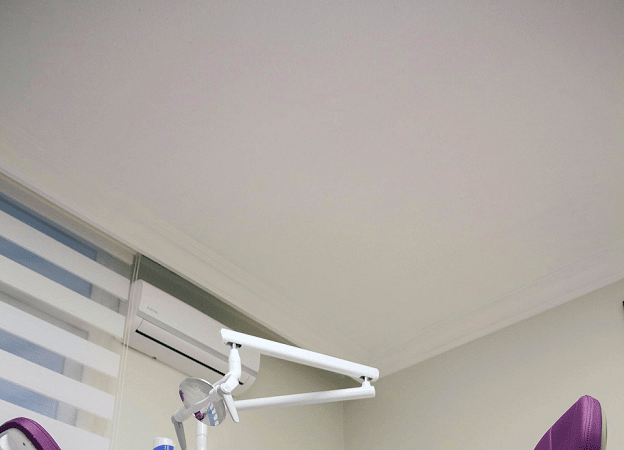If you have experienced harm due to substandard care, you may be entitled to compensation through a medical negligence lawsuit.
At The Medical Negligence Lawyers, we understand how devastating the consequences of medical malpractice can be for individuals and families. This process can allow you to hold healthcare professionals accountable whilst recovering financial damages for your pain, suffering, and any lasting impacts on your quality of life.
What Constitutes Medical Negligence?
Medical negligence can occur when a healthcare professional, such as a doctor, nurse, or surgeon, fails to provide care that meets the accepted standard within their field, resulting in harm to the patient. This harm can take many forms, including physical injury, emotional trauma, or financial losses due to prolonged treatment or rehabilitation.
Common examples of medical negligence include:
Misdiagnosis or delayed diagnosis: If a medical condition is not diagnosed correctly or in a timely manner, the patient may suffer unnecessary complications.
Surgical errors: Mistakes during surgery, such as operating on the wrong body part or leaving foreign objects in the body, can cause significant harm.
Prescription errors: Incorrectly prescribed medication or wrong dosages can lead to serious health risks or adverse reactions.
Negligent aftercare: Improper post-operative care or a failure to monitor recovery can result in infections, worsened conditions, or prolonged suffering.
If you have suffered due to any of these scenarios, it may be possible to pursue a medical negligence lawsuit and obtain compensation for the harm caused.
How to Start a Medical Negligence Lawsuit
Filing a medical negligence lawsuit can seem daunting, but at The Medical Negligence Lawyers, we guide clients through each step of the process with compassion and expertise.
In medical negligence cases, it must be shown that the healthcare professional failed to meet the standard of care expected within their profession. Our legal team can work closely with medical experts to demonstrate that the care provided was below this standard, leading to harm. Not only must you show that there was a breach of duty, but you must also prove that this breach directly caused your injury or worsened condition.
It is important to act quickly when pursuing a claim, as there are strict time limits (typically three years) from the date of the incident or the date you became aware of the negligence to file a lawsuit.
Compensation in a medical negligence lawsuit is designed to address both the tangible and intangible losses experienced by the victim. The amount you may be entitled to can depend on several factors, including the severity of the injury, the financial impact, and the emotional distress caused by the negligence. Generally, compensation can be divided into two categories:
General Damages: This covers the pain, suffering, and loss of quality of life experienced due to medical negligence. If your injury has led to a disability or long-term condition, compensation will also account for the impact on your ability to live independently and participate in everyday activities.
Special Damages: These refer to the financial losses incurred as a result of the negligent care. This can include the cost of ongoing medical treatments, rehabilitation, home modifications, and loss of income if you are unable to work as a result of the injury.
Take Action Now: Contact The Medical Negligence Lawyers
If you or a loved one has been affected by poor medical care, you may have the right to seek justice through a medical negligence lawsuit. Our legal experts are here to help you navigate the complex process and fight for the compensation you deserve.
Contact us today to get started on your medical negligence lawsuit. Let us help you secure the compensation and closure you deserve.
The content of this post/page was considered accurate at the time of the original posting and/or at the time of any posted revision. The content of this page may, therefore, be out of date. The information contained within this page does not constitute legal advice. Any reliance you place on the information contained within this page is done so at your own risk.
